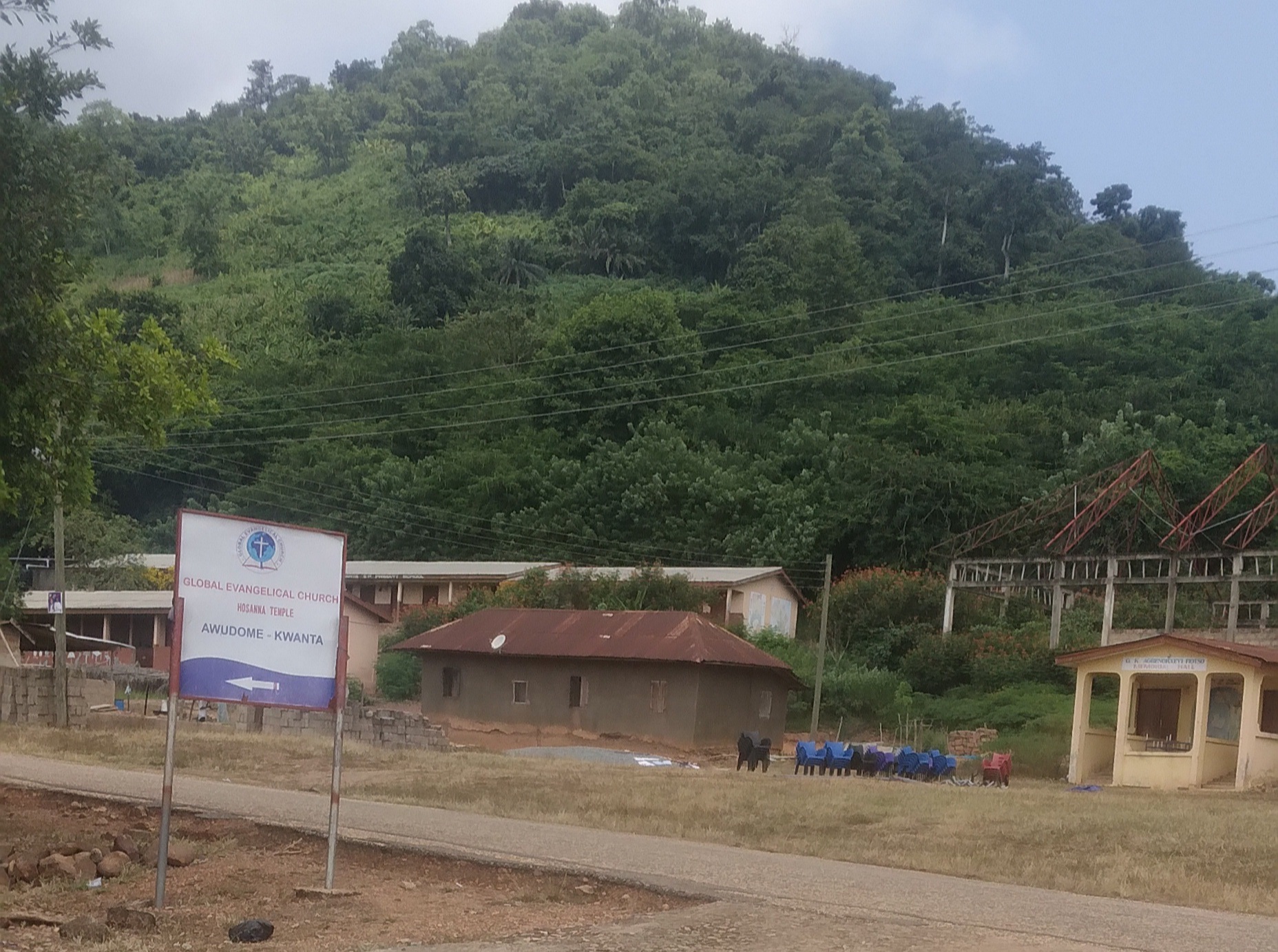Empowering Kwanta Awudome: Education as a Catalyst for Community Development
Education and development are cornerstones of any thriving society, and for the community of Kwanta Awudome, these elements are more important than ever. As this vibrant rural area looks toward a brighter future, investing in education offers a powerful path toward growth, opportunity, and long-term well-being.
The Current State of Education in Kwanta Awudome
Kwanta Awudome, like many rural communities, is making strides in providing basic education, but challenges remain. Primary and secondary schools form the backbone of learning for local children, with institutions likely operated by the government, religious groups, or community efforts. These schools offer essential subjects—from reading and writing to basic science and math—forming a vital educational foundation.
However, teacher availability and quality present persistent hurdles. Rural teachers often work under difficult conditions, with limited professional development and minimal resources. Despite these limitations, many remain dedicated to their students’ success, often acting as mentors and leaders in the community.
The state of school infrastructure is another critical concern. Some classrooms are overcrowded or in disrepair, lacking basic furniture, sanitation, and access to electricity or internet connectivity—factors that directly impact the learning experience.
Enrollment rates in primary education may be encouraging, thanks to policies promoting free basic education, but attendance and completion can dip due to financial hardship, child labor, or domestic responsibilities. Gender disparities are also a challenge, with girls more likely to miss out on education due to traditional roles or early marriage.
Challenges on the Ground
Despite the community's strong desire for progress, Kwanta Awudome faces significant challenges:
- Limited Resources and Funding: Schools often lack textbooks, supplies, and qualified staff due to insufficient government support.
- Inadequate Infrastructure: Poor school buildings, unsafe water, and lack of transportation hinder student participation.
- Cultural and Economic Pressures: Poverty and entrenched cultural norms can restrict children’s—and especially girls’—access to consistent education.
- Teacher Shortages: A lack of well-trained teachers reduces educational quality and student outcomes.
Opportunities for Positive Change
While the obstacles are real, there are numerous opportunities for meaningful improvement:
- Community Involvement: Parent-teacher associations and local leaders can support school development, fundraising, and educational advocacy.
- Partnerships with Government and NGOs: Collaboration can bring essential resources, training, and infrastructure upgrades to schools.
- Vocational and Skill-Based Education: Programs in trades like agriculture, carpentry, and tailoring can equip students with marketable skills that align with local economic needs.
- Technology Integration: Solar-powered learning devices, mobile learning apps, and digital literacy initiatives can modernize rural education.
- Early Childhood Education: Investing in kindergartens and early learning centers prepares children for success in primary education and beyond.
- Gender Equity Initiatives: Scholarships for girls, awareness campaigns, and proper sanitation facilities can help close the gender gap in education.
- Adult Education and Literacy: Educating adults not only improves individual lives but also fosters a culture that values and supports learning across generations.
The Development Prospects for Kwanta Awudome
An investment in education is not just about classrooms—it’s a key to broader community transformation:
- Agricultural Development: Educated farmers can adopt modern techniques, increasing productivity and sustainability.
- Economic Diversification: Training in non-farming trades can reduce dependence on agriculture and open up new economic avenues.
- Health and Well-Being: Education promotes healthier lifestyles and informed health decisions, improving overall community wellness.
- Empowerment and Leadership: Education equips individuals with the knowledge and confidence to lead, govern, and drive development initiatives.
Conclusion: A Path Forward
Kwanta Awudome has the spirit and potential to thrive. By addressing educational challenges head-on and embracing community-driven solutions, the village can build a brighter, more prosperous future. Education is more than a fundamental right—it’s the spark that can ignite progress, equality, and resilience in every corner of this proud community.
Let’s invest in learning, uplift our youth, and unlock the full promise of Kwanta Awudome.





